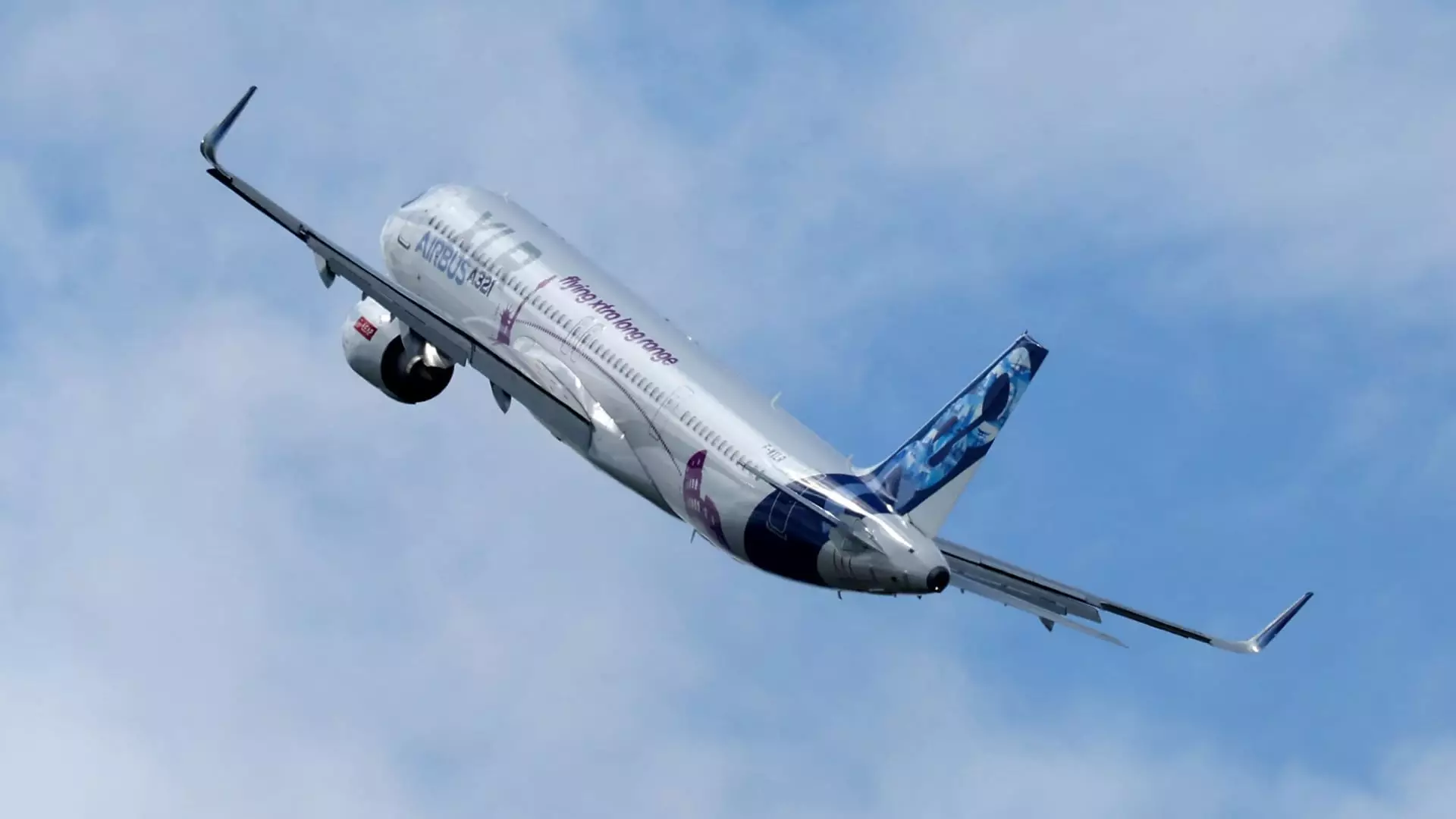The Farnborough Air Show, one of the biggest aviation events of the year, did not see the usual massive airplane orders that have been prevalent in recent years. Instead, the focus was on the challenges faced by Boeing and Airbus in ramping up airplane production while recovering from the impact of the pandemic. Both manufacturers are grappling with production strains, hindering their ability to deliver new, more fuel-efficient planes to customers. The issues, including training new workers, are expected to take years to resolve, leading to lingering headaches for airlines, suppliers, and the manufacturers themselves.
At the show, Boeing managed to secure 96 orders and commitments, while Airbus received 266, a significant drop from the 826 orders at the Paris Air Show the previous year. The muted order tally is primarily due to both manufacturers being largely sold out of narrow-body jets like the Boeing 737 Max and Airbus A321neo for the foreseeable future. This backlog has put pressure on both companies to increase production rates to meet the demand from airlines.
Both Boeing and Airbus are facing supply chain issues that are impacting their ability to manufacture aircraft efficiently. Parts shortages, ranging from landing gear to engine components, have resulted in production delays, depriving airlines of the fuel-efficient planes they require. Airbus has taken a more hands-on approach to address these issues, deploying supply chain engineers to work closely with suppliers. Boeing, on the other hand, is dealing with a safety crisis and manufacturing defects that have slowed production. The loss of skilled workers during the pandemic has further complicated the situation, as the manufacturers now have to train new employees to fill the gaps.
Training new workers in the aerospace industry is a major challenge that both Boeing and Airbus are facing. The loss of experienced employees during the pandemic has created a shortage of skilled workers, leading to production delays and quality issues. Both manufacturers recognize the need to invest in training programs to attract and retain new talent. Boeing’s senior vice president of global supply chain and fabrication, Ihssane Mounir, emphasized the importance of investing in training and development to address the skills gap in the industry. Airbus’ Delphine Bazaud also highlighted the time it takes to train workers who are new to the aerospace field, emphasizing the need for ongoing investment in training programs.
Future Outlook
Looking ahead, both Boeing and Airbus are working to overcome the challenges they face in ramping up production and meeting the demand for new aircraft. While the road ahead may be challenging, both manufacturers are committed to addressing the issues at hand and ensuring that they can deliver high-quality aircraft to their customers. By investing in training programs, working closely with suppliers, and focusing on improving production processes, Boeing and Airbus aim to navigate through the current challenges and emerge stronger in the future.

